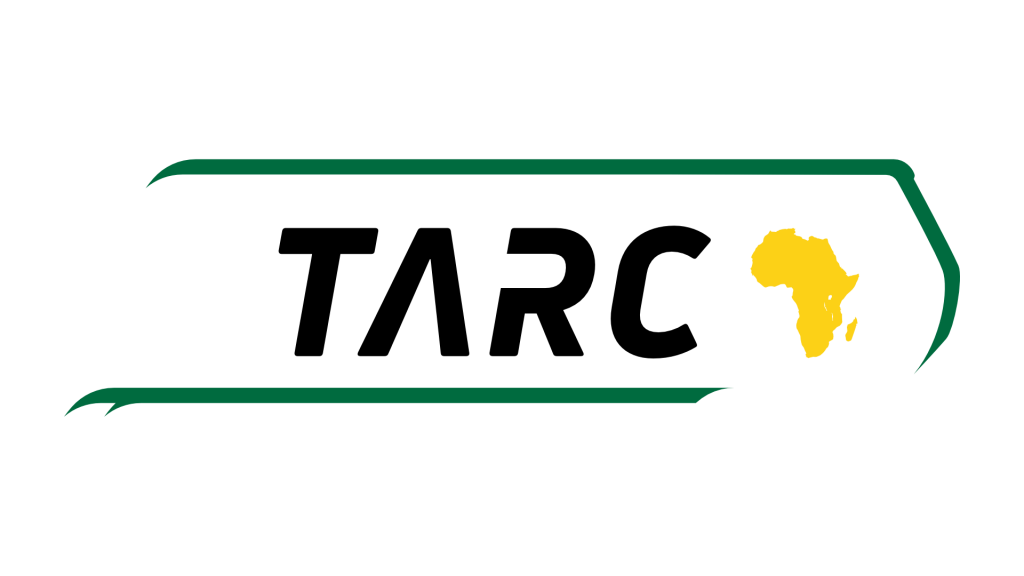The new AfCFTA (Africa Continental Free Trade Area) agreement provides the basis for people and goods to be transported freely from one destination to another, without constraints.
The African Economy is forecasted to grow fast, by acceleration of trade and commerce, boosting transport for goods and people, and improving socio-economic benefits all over the continent.
TARC will significant contribute to AU’s Goal of “Africa Beyond 2063” and will implement a sustainable solution 30 years faster than envisioned.
With TARC, a complete new and unprecedented approach is proposed, creating an additional momentum for partnering with Europe (EU), the natural neighbour of Africa. The approach is “Central Designed, Parallel Built, Central Operated and Maintained – DBOM”, with a profit-center-oriented approach, hence with a centric and strong project governance and private company ownership.
New technology will be implemented, thus supporting innovation and minimizing pollution, by involving efficient and effective ECO-friendly available technology. Connections to Asia (Arab States and China- Belt) in the east and Europe in the west, will be stablished as well in Phases 2 and 3.

TARC PHASE 1 PROJECT TARC
PICTURE – Africa Map (24´000 Km) & ECOWAS Corridor in pink (900 Km)

ABDIJAN – LAGOS (ECOWAS Assessment Study 900 Km in 2020)
Our Progress Path from May 2019 – to Date
Milestones 01
Preparation/Assessments/EOIs/ToR
- Preparation of TARC’s profitable Business Case (with high ROI) in 2019/2020/2021/2022
- 1st Assessment with the TARC Core Team Members till October 2020
- Sending of EOIs with Regional Blocks in 2020, Dress Rehearsal with ECOWAS Chamber of Commerce in Abuja
- Sending of EOIs with AU/AUC and Countries in 2021, Dress Rehearsal with AU´s Director for Energy and Infrastructure
- Sending of EOIs to 34 Countries MOTs/MOFs
- Preparation of ToRs (Terms of Reference) for Technical and Financial Feasibility Studies (TFS) in all Countries in 2021
Milestones 02
Commitments from Countries and Investors/MOUs/TFS/Construction
- Preparation of 34 detailed MOUs with each SSA Countries and MOTs/MOFs; Start negotiations with MOTs/MOFs; Got Commitments of 10
- Get commitments of AUDA/NEPAD-PIDA, AUC Transport and Energy and Infrastucture Ministers
- Search for Investors from Private Sector (Morocco/Nigeria/Mauritius)
- Prepare TARC Transaction-Advisory (Tx-Adv)
- Prepare TARC for Bankeability with Debt-Providers for TFS
- Perform Technical Feasibility Studies (TFS) in 2024-25; Start with ECOWAS (West-Africa)
- Start High Speed Railway Constructions in 2026 – 2030, average with 600 RKm per Country
Milestones 03
Operation, TARC Phase-II (landlocked), TARC Phase-III (North Africa)
- Start TARC High-Speed Railway Operation in 2030, 24´000 RKm
- Start TARC High-Speed Railway Construction for landlocked countries Sahel 2031-35 (TARC Phase-II)
- Start TARC Connectivity to EU (over Morocco) and Asia/RBI (over Ethiopia)
- Start residual TARC High-Speed Railway Construction for North Africa (TARC Phase-III)
Milestones 04
IPO, Open Market for Africa, AUs Agenda 2063 over-acchieved 100%
- TARC IPO after profitability in 2035
- Open High-Speed Railway Market in 2055
SSA (Sub-Sahara Africa) countries will enlarge the rail market by a better utilization of the regional corridors for transport. Railways are very effective on longer distances of transport. Developing harmonized regional strategies for creating corridors of transport, addressing the problems of border stations, and developing adequate logistic centers will support the growth of the volumes transported by railways and will sustain the economic development of the region.
The international corridors will be developed based on financial and economic evaluations, balancing the medium- and long-term interests in the region. The program will be focused on addressing the specific needs of the existing transport market.
Institutional arrangements are built for the accomplishment of the major policy and regulatory functions: (i) development of railway sector, (ii) economic regulation, (iii) safety regulation, (iv) technical standards, and (v) accident investigation.
